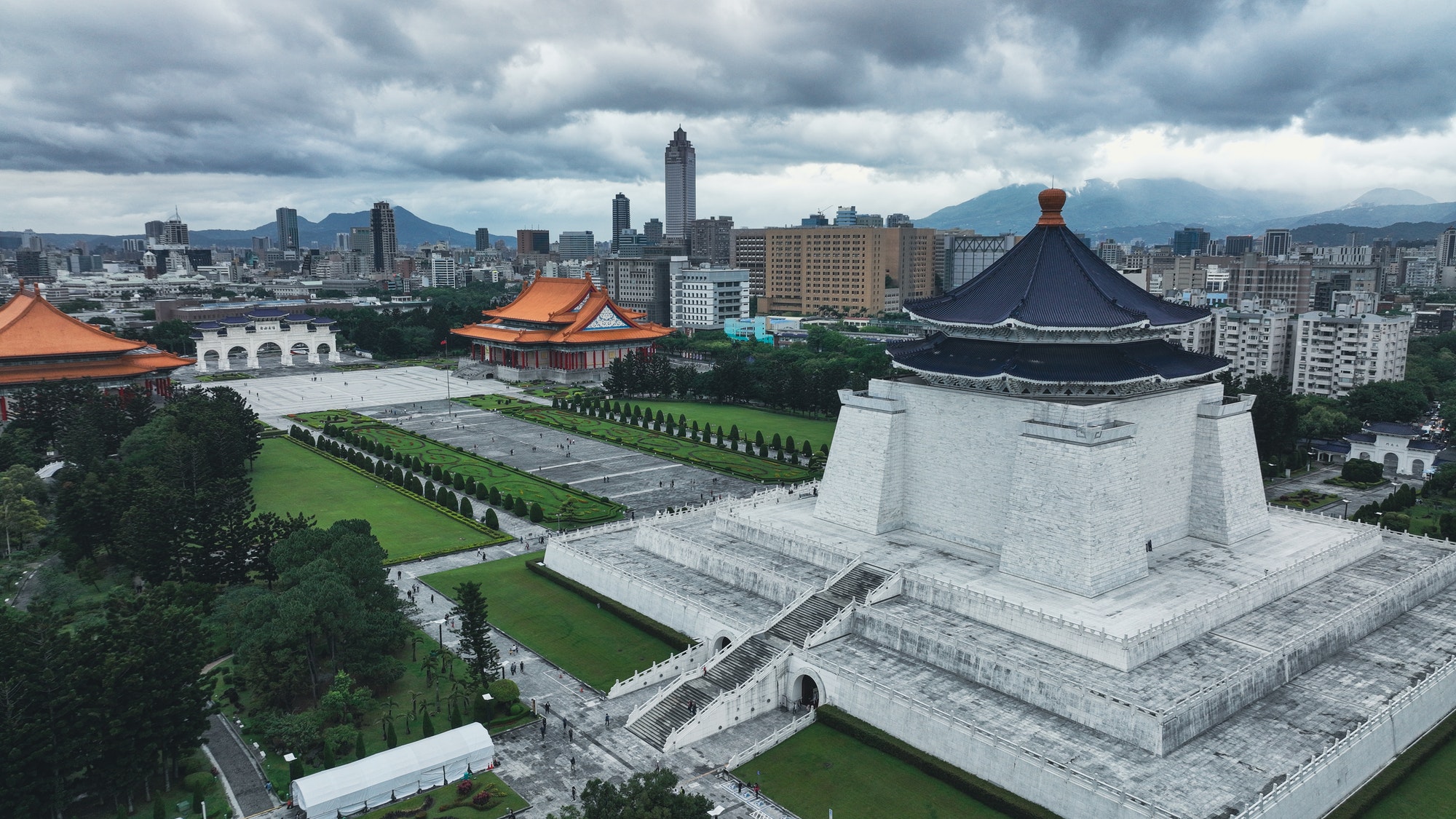How William Lai’s Leadership Affects Taiwan and China
William Lai becoming the President of Taiwan is a big deal. He’s known for really wanting Taiwan to be independent, and China, who thinks Taiwan is part of its territory, isn’t happy about it. This situation makes things pretty tense between Taiwan and China, and Beijing’s response to Lai being President is going to be super important for what happens next.

The Democratic Progressive Party’s Influence
The Democratic Progressive Party (DPP), which Lai leads, is now in charge for the third time. They’re all about Taiwan being its own country, which really challenges China’s view that Taiwan should be part of it. This makes the already tricky situation between Taiwan and China even more complicated.
Following in Tsai Ing-wen’s Footsteps
Lai plans to keep going with the same ideas as Tsai Ing-wen, the previous president. This means he’ll keep pushing for Taiwan to be seen as its own country and won’t agree with China’s plans to unify.
Taiwan’s Defense in the Big Picture
Taiwan’s Military Plans
With more military action happening near Taiwan, under Lai, Taiwan is working on making its military stronger. This includes spending more on defense and working closely with big allies like the United States, Japan, and Europe.
The Role of the US in Taiwan’s Defense
The United States is really important for Taiwan’s defense strategy, especially now with Lai as president. Strong ties with the US are key for keeping things stable in the Asia-Pacific region.

Economic and Diplomatic Hurdles
The Business Relationship Between Taiwan and China
Even with all the military and political tension, the business side of things between Taiwan and China is still pretty complex. How these economic ties will evolve under Lai’s presidency is something to keep an eye on.
The International Diplomatic Game
The diplomatic situation with Taiwan, China, and the US is like a big chess game. How Lai handles international diplomacy will be crucial in dealing with these complicated relationships.
What’s Happening Inside Taiwan
The KMT’s Role and Strategy
The Kuomintang (KMT) party, which has different views on China and defense than the DPP, is an important player in Taiwan’s politics. What the KMT does in response to the DPP being in charge will have a big impact on what happens inside Taiwan.
The Growing Sense of Being Taiwanese
As all these political things are happening, more and more people in Taiwan are feeling a strong sense of being Taiwanese, which is different from being Chinese. This growing sense of identity is going to be really important for Taiwan’s future.

FAQ Section for William Lai’s Presidency and Cross-Strait Relations
Q1: Who is William Lai?
A: William Lai is the current President of Taiwan, known for his strong support for Taiwan’s independence. His presidency marks a significant shift in Taiwan’s political landscape.
Q2: Why is China upset about William Lai’s presidency?
A: China views Taiwan as part of its territory and opposes any notion of Taiwanese independence. William Lai’s pro-independence stance is seen as a direct challenge to China’s claims, causing tension between the two regions.
Q3: What is the Democratic Progressive Party (DPP)?
A: The DPP is a major political party in Taiwan, currently led by William Lai. It advocates for Taiwan’s independence and sovereignty, differing significantly from China’s view on Taiwan.
Q4: How does Lai’s leadership impact Taiwan-US relations?
A: Lai’s presidency is likely to strengthen Taiwan-US relations, as the US supports Taiwan’s efforts to bolster its defense capabilities against potential threats from China.
Q5: What are the economic implications of Lai’s presidency for Taiwan and China?
A: Despite political tensions, Taiwan and China have significant economic ties. The future of these ties under Lai’s presidency remains a critical aspect to monitor, as changes could impact both economies.
Q6: How does the internal political landscape of Taiwan look under Lai’s presidency?
A: The internal politics of Taiwan are divided mainly between the DPP and the Kuomintang (KMT). The DPP’s rule under Lai could face opposition from the KMT, which has a more conciliatory approach toward China.
Q7: What changes in defense strategy is Taiwan implementing?
A: Taiwan is focusing on strengthening its military by increasing defense spending and enhancing cooperation with allies like the US, Japan, and Europe, to prepare for any potential conflicts in the region.
Q8: How is Taiwan’s national identity evolving?
A: There’s a growing sense of a distinct Taiwanese national identity, separate from Chinese identity. This evolution is influenced by the current political climate and is a key factor in shaping Taiwan’s future.
Q9: What role does the US play in Taiwan’s defense?
A: The US plays a crucial role in Taiwan’s defense strategy, providing military support and acting as a key ally in ensuring regional stability in the face of tensions with China.
Q10: What challenges does Lai face in international diplomacy?
A: Lai faces the challenge of navigating complex diplomatic relations involving Taiwan, China, and the US, balancing Taiwan’s sovereignty aspirations with the need for regional stability and international cooperation.
Sources BBC


